A blog from Healthwatch Barnet on the new report into remote GP appointments
Throughout the pandemic, the way we’ve all accessed GPs has changed. To reduce the risk of spreading COVID-19, NHS England advised GPs to embed a system of ‘total triage’ where patients contact their surgery remotely at first and only get seen face-to-face where it is deemed clinically required. Remote appointments include email consultations, video calls and telephone calls.
In response to feedback from local people, we set out to gather local people’s experience of accessing their GP remotely. Throughout May, June and July, Healthwatch Barnet collected insight from people via 1-2-1 telephone interviews, community focus groups and a large online survey, speaking to a total of 376 people.
Of course, we made sure that our data included experiences from disabled people, those with mental health issues, learning disabilities, autism, visual impairment, and those who are hard of hearing/deaf.
Our report finds that for lots of people remote care options work well. They can make getting care quicker, more efficient and easier to fit around peoples’ lives. However, many are struggling with the new system and we learned that those with chronic or long-term conditions, or disabled people, are particularly affected.
This is what they told us:
“It [e-consult] asks for a huge amount of information which as someone with chronic health conditions the GP is already aware of and would take me hours to type out. The questions aren’t skippable, so I end up having to go through individually and write in N/A.”
“You are supposed to use e-consult to get an appointment – this is an extremely inflexible form that takes at least half an hour to complete, and has no way to talk about long-term conditions or disability/neurodiversity.”
“I used to see the same GP every time which helped me to be calm and communicate effectively – now I could be seeing anyone, and they usually know nothing about autism or how it affects me, or about my complex medical history.”
“Phone only was available which makes it impossible for me as I am very deaf and cannot manage phone conversations.”
“When I was very depressed, I really struggled with technology terribly, and I would have not been able to do any of thing e-consulting. It would have been beyond me and I would have just left it and laying at home without any help because I won’t be able to access my GP.”
“My son who is autistic was contacted by surgery – he missed the call and waited on hold one and a half hours to speak to someone.”
As a result of our findings, we are recommending a hybrid model of GP service delivery is offered, to include remote and face-to-face appointments, considering the patient’s personal preference, and not based solely on clinical need. We are also suggesting that GPs review the online booking form to make it simpler and review which questions are essential. We’re also proposing that surgeries work to ensure availability, particular for those who telephone to book their appointments. We’re pleased that Barnet’s Clinical Commissioning Group and the Barnet GP Federation have reacted positively and will be encouraging GP practices to adopt our recommendations.
You can read the report in full on the Healthwatch Barnet website.
Healthwatch Barnet would like to thank all the individuals and groups who contributed to the survey.


